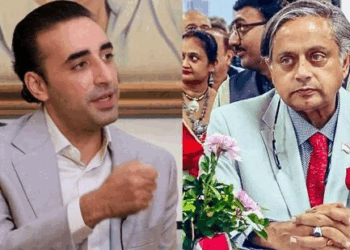In a significant setback to the government’s attempts to resolve the ongoing agricultural crisis, farmers across the country have resoundingly rejected the Centre’s proposal to procure five crops at Minimum Support Price (MSP) over the next five years. The move comes amidst persistent protests and demands for comprehensive reforms to safeguard their livelihoods.
Despite repeated assurances from the government, including recent amendments to the agricultural laws, farmers remain skeptical and unwavering in their demands for substantive changes. The rejection of the proposal underscores the deep-rooted distrust between farmers and policymakers, highlighting the urgent need for meaningful dialogue and sustainable solutions.
The Centre’s proposal aimed to address the concerns raised by farmers regarding the uncertainty surrounding MSP and procurement mechanisms. However, farmers argue that the proposal falls short of providing long-term assurances and fails to address fundamental issues plaguing the agricultural sector.
Speaking on behalf of the protesting farmers, union leaders emphasized the need for concrete guarantees to ensure the sustainability of MSP and procurement operations. They reiterated their demand for a legal guarantee of MSP for all agricultural produce, along with mechanisms to prevent private players from undercutting prices.
The rejection of the proposal signals a continued impasse in the negotiations between farmers and the government, prolonging a crisis that has already endured for over a year. Despite several rounds of talks and concessions from both sides, a comprehensive resolution remains elusive, with farmers insisting on nothing short of a complete overhaul of agricultural policies.
Farmers’ unions have vowed to intensify their agitation until their demands are met, further raising the stakes for the government. The persistence of the protests underscores the deep-seated grievances within the farming community, highlighting the urgency of addressing their concerns through meaningful dialogue and substantive reforms.
As the standoff continues, the government faces mounting pressure to find a lasting solution that not only addresses the immediate demands of farmers but also lays the groundwork for a more equitable and sustainable agricultural ecosystem. The rejection of the proposal serves as a stark reminder of the challenges ahead and the imperative of genuine engagement with stakeholders to chart a path forward.








 India
India












